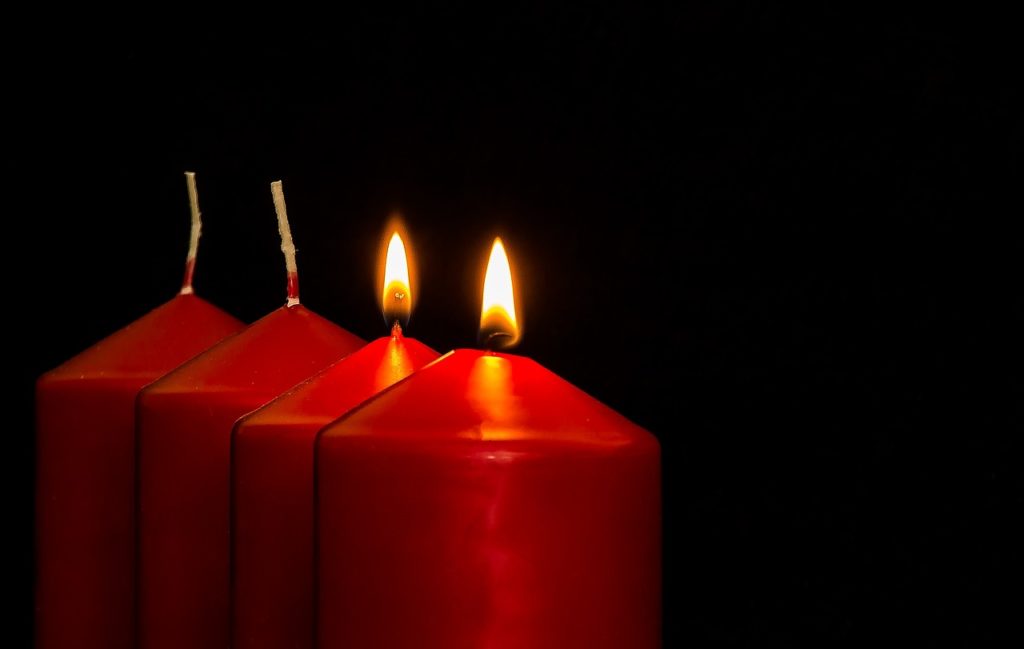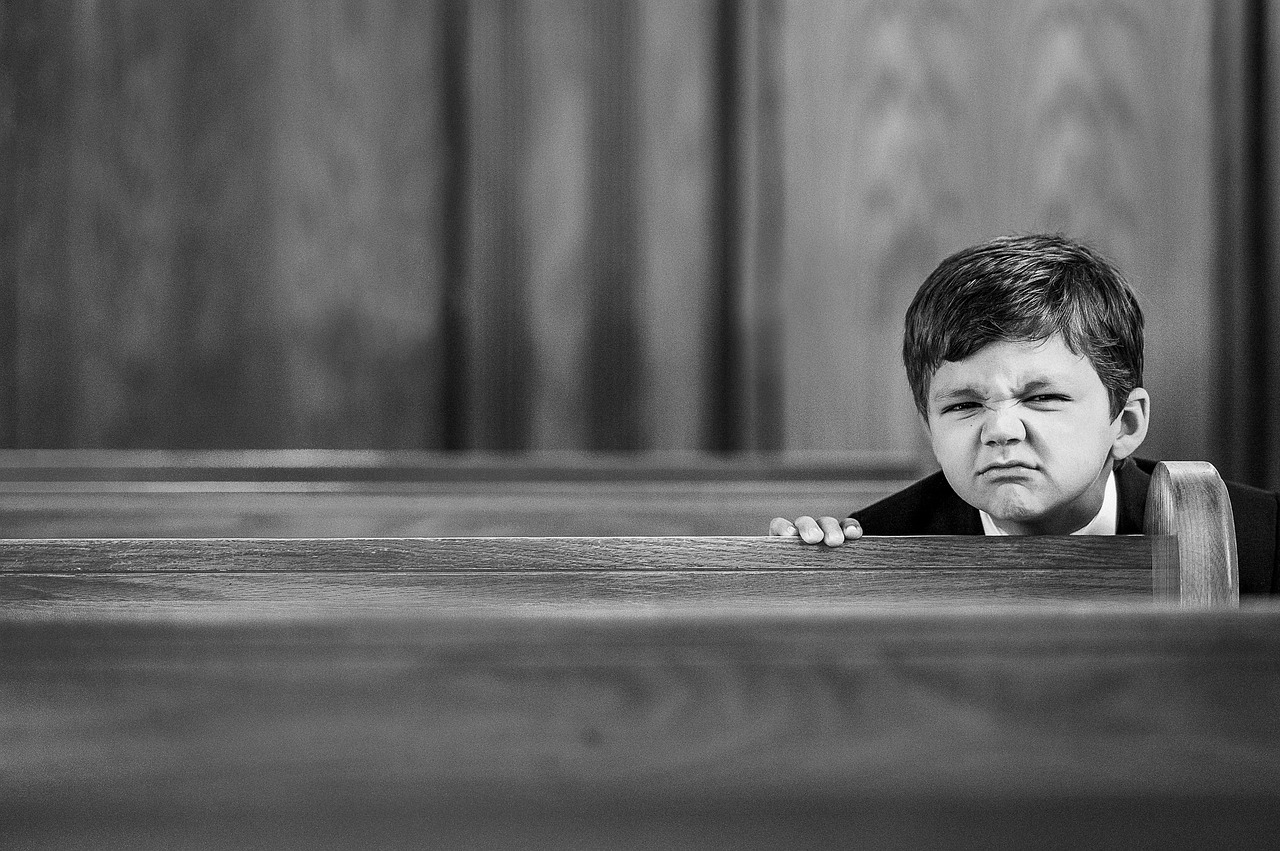Recently, I heard a pastor admit from the pulpit that he didn’t read fiction–I’ve heard this before. These confessions are not usually necessary for it is usually apparent from their sermons.
I have heard the reasons. Some don’t read because they see reading fiction was a frivolous endeavor, even a dangerous one. Others, because they have no time. After you read the Bible and the theology texts, blogs, and all those books on Christian living, there isn’t any time for fiction. Some don’t read fiction because, “Well, it just isn’t my thing.”
I perused several articles in which other pastors exhort their colleagues to read fiction. These articles offer some very good reasons for pastors to read fiction, but they didn’t give the most important reasons, which I will save for last.
It’s Relaxing
Reading a novel is relaxing, and pastors should find time to relax. Reading The Girl With the Dragon Tatoo by Stieg Larsson is a great read, but it’s a book for the beach. I’m not arguing that pastors read more beach books, although it couldn’t hurt.
Get Out of Yourself
We all live narrow lives and look at the world with a fairly limited vision. I am a white, North American male who was born in the early 1960s. I look at the world through these lenses. I was never sexually abused. I don’t know what it is like to be an immigrant or a tanner in India. I don’t have autism or a brother with schizophrenia.
When you read good fiction, you are immersed in the reality of these things. Can you see how imaginatively understanding these things would make one a better pastor?
Experience the Beauty and the Power of Language
Good art, be it visual arts, music, or fiction, is good because it is rooted in an endlessly creative God who has chosen to be imaged by creative human beings. Art isn’t irrelevant. It’s part of what God commanded us to do in the beginning. When you enjoy truth and beauty, when you are blessed by gifts God has given to other human beings, you are enjoying a universe that, though fallen, God delights in as “very good.”
Good Fiction is True
Good fiction challenges us where we need challenging: In The Art of Fiction, John Gardner says fiction “helps us to know what we believe, reinforces those qualities that are noblest to us, leads us to feel uneasy about our faults and limitations.” If Gardner is right, and I think he is, what human being, let alone pastor, wouldn’t benefit from the reading of good fiction.
As poetry is “the art of saying what cannot be said” (Alan Watts), narrative attempts to explain the inexplicable. You can’t deal with ideas like Good, Sin, Death, Sacrifice, Grace, Love, Redemption, etc. propositionally. Only narrative is up to the task. A sermon delving into topics like these needs the support of a mind that has been broadened and deepened by fiction, stories which have taken the preacher to an understanding beyond personal experience and theology.
[click_to_tweet tweet=”If you can’t read fiction, then you can’t read the Bible. #Fiction #Theology #TheBible ” quote=”If you can’t read fiction, then you can’t read the Bible. “]
You can’t read the Bible if you can’t read fiction.
These are all great reasons for pastors to read fiction, but there are still more compelling reasons.
The Bible is a collection of all sorts of literary genres, and all of these are ancient expressions of these genres. Ideally, you’d need to read all sorts of ancient texts, in their original languages, just to begin to get a sense of how to read the biblical text. There are people who can read these texts this way, and we can read their books and articles, but our access to the original texts is indirect. We need direct engagement with texts in general in order to understand the role of the reader–a role that involves far more than our mind, but our heart and soul and imagination as well.
The Bible doesn’t simply address man as a cognitive process but as a complex image-bearer who recognizes truth not only through categorizing syllogisms but through imagination, beauty, wonder, awe.
—Russell Moore
The Bible is not simply a text that we mine in order to extract nuggets of truth.
It’s not an encyclopedia, and it shouldn’t be read as one.
The tools one needs to read the Bible are the same tools one develops when one reads good fiction.
[click_to_tweet tweet=”The tools one must develop in order to read the Bible are the same tools one develops when one reads good fiction.” quote=”The tools one must develop in order to read the Bible are the same tools one develops when one reads good fiction.”]
Many North American Christians are still under the influence of Modernism. We tend to equate truth with fact. We think that for the Bible to be true, it must be factual. This gets us into all sorts of problems with our interpretation of the Bible. We will reject the intended meaning of a text when we reject the very mode in which the text was intended to be read.
Most pastors know that the Bible is not anything like an encyclopedia, but we have been so steeped in Modern thinking for so long that it is sometimes a struggle to step out of a rationalist reading of the Bible, and reading a steady diet of theology reinforces this error.
The pastor who reads theology, but not fiction, is like a biology lecturer, who has dissected a thousand frogs, and keeps dozens in his lab, but hasn’t patiently them in the pond. He knows so much, but his understanding of frogs is illuminated by a fluorescent light and contained within the glass walls of an aquarium.
How can we reset our default settings–our idolatrous, Modern settings–so we can better read the Bible?
Read good fiction.
Reading fiction will develop the understanding, and we will come to understand that the opposite of fiction is fact, not truth.
[click_to_tweet tweet=”The opposite of fiction is fact, not truth.” quote=”The opposite of fiction is fact, not truth.”]
Many sermons can be preached effectively by a pastor who doesn’t read fiction, but there certain times when a broader reading list would greatly improve what we hear from the pulpit. And occasionally, it will protect the speaker from coming off sounding silly.
Recommendations:
What should I read?
Read from the “top 100 books you must read before you die” list. Read from the best books of 2020, or 2019. And read old books. C. S. Lewis explains why.
OK, so here are some recommendations.
My favourite book of all-time is A Prayer for Owen Meany by John Irving. It’s funny and profound. I’ve written about why this book is so essential for Christians to read in a series of posts. But read the book before you read the posts. It’s far better, and less propositional.
Any and all of the short stories of Flannery O’Connor. Pick up one of her collections like Everything that Rises Must Converge. O’Connor takes a hard and critical look at Christianity in a Modern context, and she also reintroduces readers to God’s Grace despite ourselves.
If I were ever stranded on a desert island, and I couldn’t take the Bible, I would take The Lord of the Rings by J. R. R. Tolkien. It doesn’t replace the Bible, because it isn’t the inspired word of God, but it contains so many of the essential Biblical themes and truths, that it might sustain me until I get rescued.
1984 by George Orwell is one of the best books of the 20th Century. Everyone should read it. It’s brilliantly written is is as relevant today as it was in 1984, and 1949 when it when it was published.
Watership Down by Richard Adams is about rabbits, but it’s also about human nature, faith, trust, and leadership. And another thousand things. This one is great on Audible, read by Ralph Cosham.
A Fine Balance by Rohinton Mistry takes the reader to India in the 1950s. You might not be interested in India in the 1950s. It doesn’t matter. The book is very well written and you become invested very quickly. If nothing else, it exercises our empathy, helping us to step in the shoes of others who live in very different circumstances.
You’ve heard of the problem of evil, the strongest challenge to the Christian God. Like all of his work, The Road by Cormac McCarthy is about the problem of good. This is a dark novel, but the distant glimmer of light and hope argues that life must be about more than suffering and death.
Infinite Jest by David Foster Wallace. This one is a doozy. It’s monstrous. (Read this hilarious article about “How to Read Infinite Jest.“). This book rivals A Prayer for Owen Meany for my all-time favourite book. But if you are not a fan of fiction just yet, hold off for a year or 10.
The good news is there are thousands more. You’d find a lot more recommendations in the comment section if this blog had a huge following, but there might be one or two there as well.
Happy Reading!






